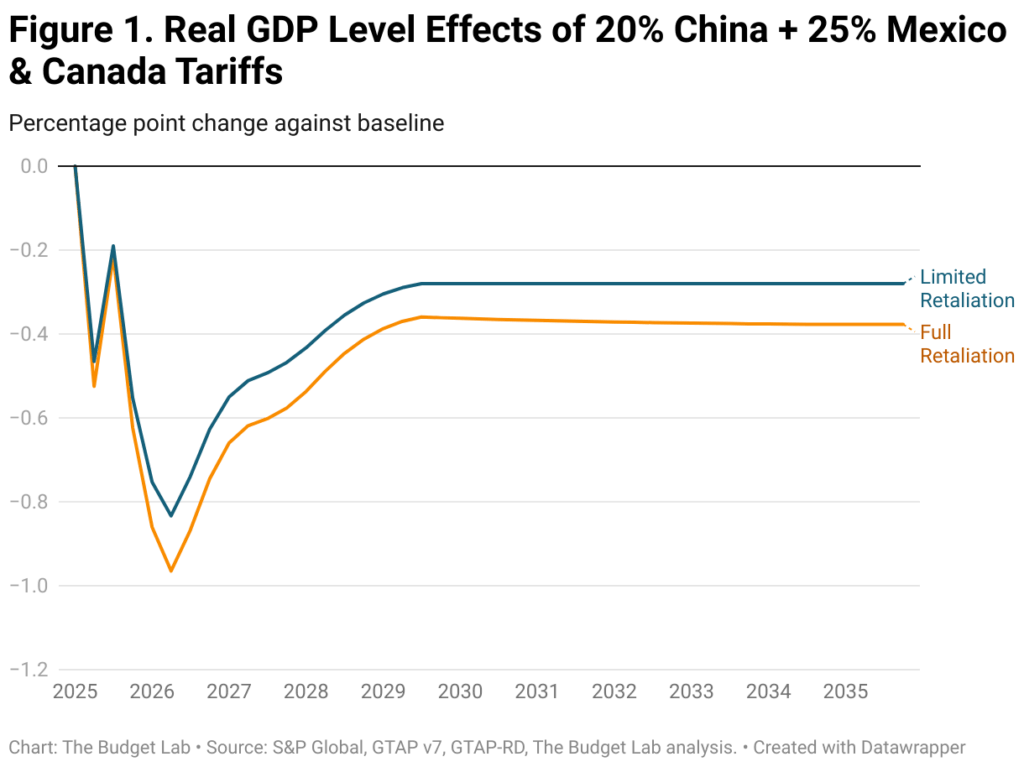
Introduction
In recent years, trade relations between Canada and China have experienced significant strain, with tariffs emerging as a central issue. The impact of these tariffs is not only felt by businesses engaged in international trade but also by Canadian consumers and the economy at large. Understanding the dynamics of these tariffs is crucial for stakeholders across various sectors.
Background of Tariffs
Tariffs are taxes imposed on imported goods, making foreign products more expensive and protecting domestic industries. The recent rise in tariffs between Canada and China stems from a series of political and economic disputes that have escalated tensions between the two countries. Following the Huawei extradition case and retaliatory actions, China’s imposition of tariffs on Canadian canola oil has particularly affected Canadian farmers. In response, Canada has sought to leverage tariffs as a negotiation mechanism to protect its interests.
Current Events and Developments
As of October 2023, the trade relationship remains complicated. Reports indicate that Canada is facing challenges in exporting resources like canola and pulse crops, with tariffs reportedly impacting the viability of these industries. Prime Minister Justin Trudeau’s government is currently in discussions to renegotiate trade agreements and ease tariff constraints. Meanwhile, China’s trade practices have come under scrutiny globally, with various nations weighing their own sanctions and tariffs in response.
Analysts believe that these tariffs could hinder the economic recovery efforts post-pandemic as they disrupt established trade networks and lead to increased prices for consumers. A recent study estimates that ongoing tariffs may lead to a 2% increase in the cost of imported goods in Canada.
Conclusion
The future of Canada-China tariffs remains uncertain as both nations attempt to navigate their complex relationship. While discussions to ease tariffs are unfolding, the implications of current trade practices are significant for consumers and businesses. Should the tariffs continue, it could lead to prolonged economic strain, affecting prices and availability of goods in the Canadian market. Stakeholders are urged to stay informed and engaged in policy discussions that could shape the future of trade relations between the two nations.



